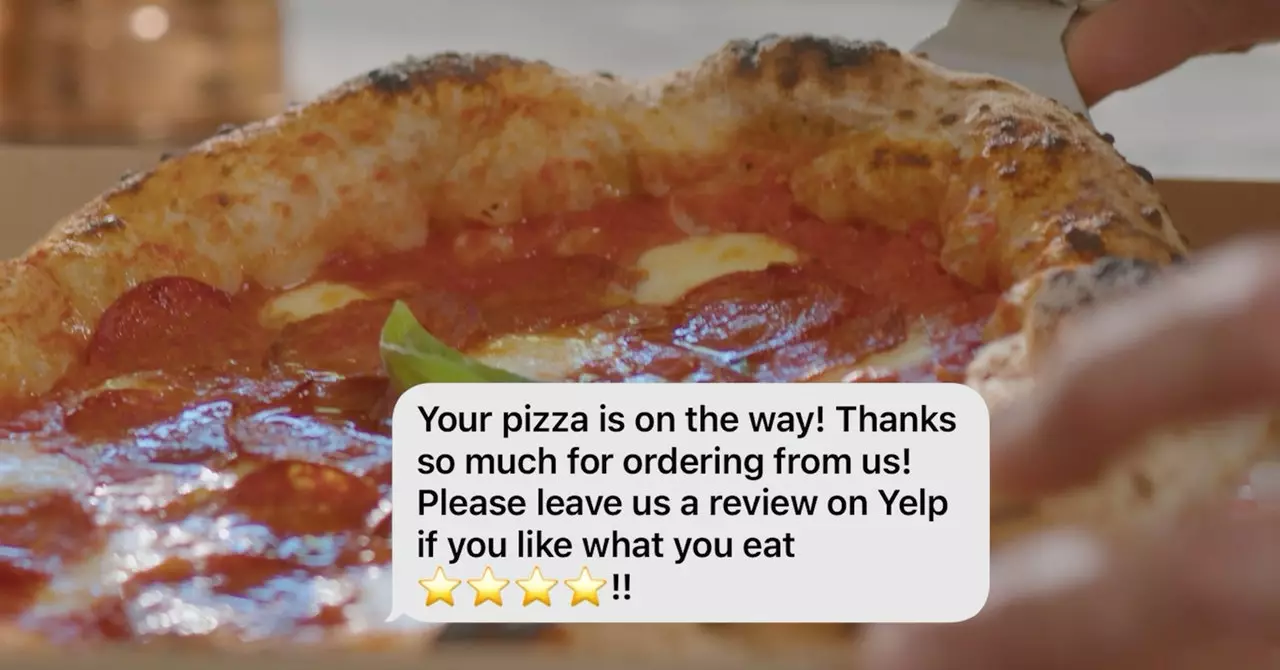In today’s fast-paced digital marketplace, brands are relentlessly searching for innovative solutions to engage customers more effectively. One of the latest trends is the implementation of AI-powered chatbots, designed not only to assist consumers but also to personalize the interaction. One noteworthy example is Palona, a chatbot created by Wyze, which is engineered to serve as a virtual sales agent. This article delves into the capabilities, features, and implications of Palona, while also examining the broader landscape of AI in sales.
At its core, Palona is fueled by sophisticated large language models, akin to OpenAI’s ChatGPT, yet what sets it apart is its exclusive supervisor model. This unique functionality ensures that conversations remain focused on Wyze’s extensive product range. When a chat strays from its intended purpose, the supervisor model intervenes, steering the discussion back on track. The implementation of such technology has profound implications, as it not only allows for nuanced engagement but also maintains brand integrity during customer interactions.
Moreover, Palona is imbued with what the company calls “emotional intelligence.” This facet enables it to comprehend customer sentiments, humor, and modern communication styles, fostering a more relatable and engaging conversation. In a world where consumers favor brands that resonate with them on a personal level, the emotional component of AI-driven conversations becomes crucial. Palona’s design reflects a thoughtful approach to how brands connect with their customers.
Equipped with a whimsical “wizard” persona, Palona delivers responses that align with its enchanting theme. This creative choice not only captivates users but also helps create an enjoyable user experience that feels less robotic and more personable. For instance, palona’s answer to inquiries about security cameras is artfully presented, offering a sophisticated touch that enhances the overall engagement. By integrating thematic elements into its interactions, Wyze instills a sense of magic in the mundane task of shopping for technology.
However, while the concept is charming, it raises questions about the effectiveness and authenticity of the engagement. Can a playful persona really replace the advice and intuition provided by a human salesperson? This skepticism is particularly relevant when considering how consumers value genuine interactions over mere transactions. Nevertheless, the strategic use of humor and creativity can serve as a differentiator in the crowded e-commerce landscape.
One of the critical operational strategies for Palona is its affinity for upselling. Each interaction is often accompanied by a subtle nudge towards purchasing Wyze’s subscription plans, mirroring human sales techniques. This strategy raises interesting ethical discussions about AI’s role in sales and whether a balance can be struck between providing genuine customer assistance and driving sales.
Another advanced feature of Palona is its memory capability, which allows it to retain customer profiles and preferences. This function promises personalized experiences during future interactions. Nevertheless, the degree to which this personalization is executed raises concerns about user privacy and data handling. Consumers increasingly prioritize privacy, and any misstep in data management could undermine the trust that is essential for lasting customer relationships.
As society steadily shifts towards more conversational interfaces, the younger population appears to be more inclined to engage with AI-powered tools for their shopping needs. Palona embodies this trend, aiming to transform the customer experience from traditional search methods to engaging conversations, intuitively guided by AI. Instead of sifting through countless product listings, users can interact with the chatbot and receive tailored recommendations instantly.
Nonetheless, brands like Big Sur AI are also stepping into this arena, demonstrating that the competitive landscape for AI sales technology is heating up. These innovations underline a stark contrast between human and AI sales approaches: while the latter eliminates commission costs for businesses, it also poses the risk of distancing customers from genuine human connections.
As artificial intelligence continues to evolve, the implications of chatbots like Palona in sales are profound. They bring a creative yet efficient approach to customer engagement while simultaneously prompting essential conversations about ethics, personalization, and the future of brand-consumer interactions. As the technology matures, finding the right balance between automation and the human touch will be paramount in achieving successful customer relationships.

